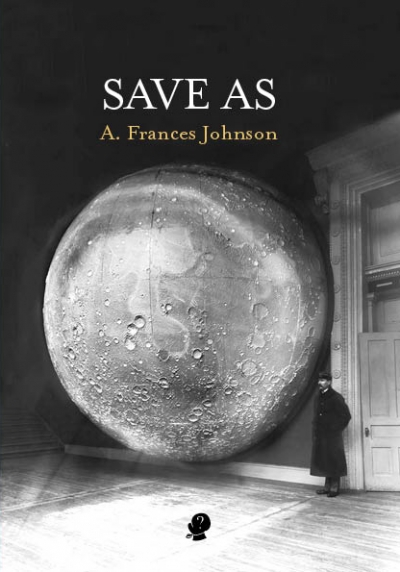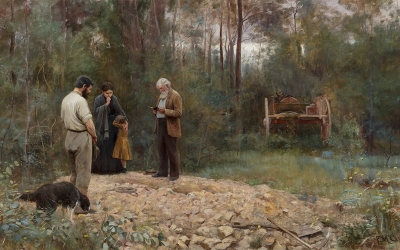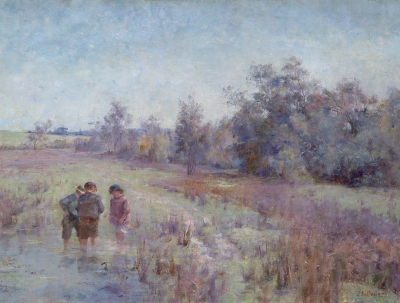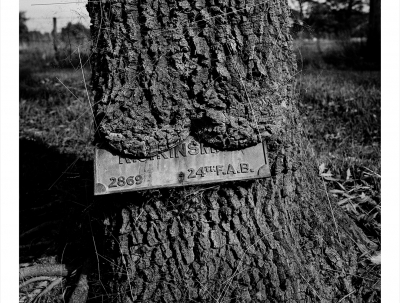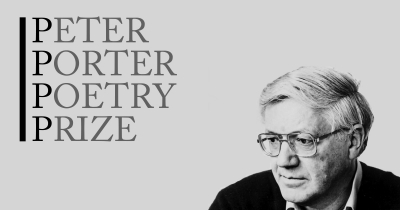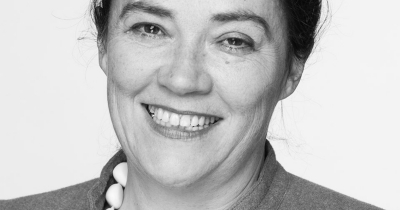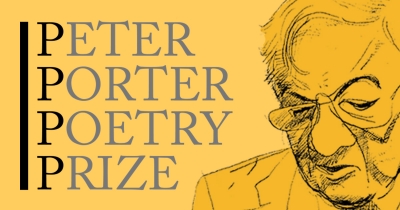A Frances Johnson
Frederick McCubbin – Whisperings in wattle boughs
Frederick McCubbin (1855–1917), otherwise known as ‘The Proff’, was only a sometime plein-airiste at the Box Hill artists’ camp. He never made it out to Eaglemont and Heidelberg, as curator and historian Anna Gray has shown, debunking mythic accretions of place around the venerated so-called Heidelberg School. Boxhill/Lilydale, laid down in 1882, was McCubbin’s trainline of choice. He was also a studio artist given to creating a tightly controlled narrative mise en scène. As Andrew McKenzie has revealed, McCubbin built a faux grave in his backyard at his home in Rathmines Street, Hawthorn, dragooning his wife, Annie, to play the female mourner for Bush Burial (1990). The bearded elder was possibly John Dunne, a picaresque character whom McCubbin purportedly accosted on a city street. Artist friend Louis Abrahams played the young male mourner. The young girl is not identified. Nor the sorrowful dog.
... (read more)I have frequented too often the gift shops of Australian Impressionism. Back in 1985, I mooned over David Davies’ Templestowe twilight scene before purchasing the corresponding tea towel (for my mum), Fire’s On placemats with matching coasters (for my dad), and lost child mugs (for my siblings, only one of whom took offence).
... (read more)Postwar memorial gardens can be found the world over. Gardens scholar Paul Gough has noted how planted memory is an essential aspect of future remembering; gardens create inclusive spaces that rely on participation and careful nurturing to ensure that memory stays ‘alert, relevant and passed on from generation to generation’. The dedicated memory garden at Melbourne’s Shrine of Remembrance is a site of ritual remembering of equal importance to sites such as Anzac Head in Turkey. Gough argues that the front can be symbolically transplanted. Objects, seeds, letters, and small packages of soil were often bought home, particularly where bodily remains could not be retrieved.
... (read more)The shortlist: 'My Father's Thesaurus' by A. Frances Johnson; 'Precision Signs' by Lachlan Brown; 'Constellation of Bees' by Julie Manning; 'That Wadjela Tongue' by Claire G. Coleman; 'South Coast Sonnets' by Ross Gillett.
... (read more)States of Poetry 2016 VIC Podcast | 'The Book of Interdictions' by A. Frances Johnson
In this episode of Australian Book Review's States of Poetry podcast, A. Frances Johnson reads three poems from 'The Book of Interdictions' which features in the 2016 Victorian anthology.
... (read more)States of Poetry 2016 - Victoria | 'Australian awe: white guys on life and art before 1788' by A. Frances Johnson
for Marcia Langton
The rock-art guide, combusting
in 43 degrees, back to image.
His sloppy dreamtime
a melted ice-cream,
far from refrigerated sublime.
Gwion rock art from the 'Tassel era' is happy art,
though contentiously attributed and dated, he says,
authoritative white sweater in white sweater.
States of Poetry 2016 - Victoria | 'Diary of an Anti-elegist' by A. Frances Johnson
1.
Even poetry dements in the end; fatal attractions to dank earth
and ash albums don't fool or buy time. Poetry cherry-picks
memory for its own ends; yet that's a medicated narcissism for
some. Earnest elegies are often rejected by dogs and children.
Listen to them howl. Voting for life outside of ritual.
I'm on your side; I'm with the hounds and the kids. I won ...

